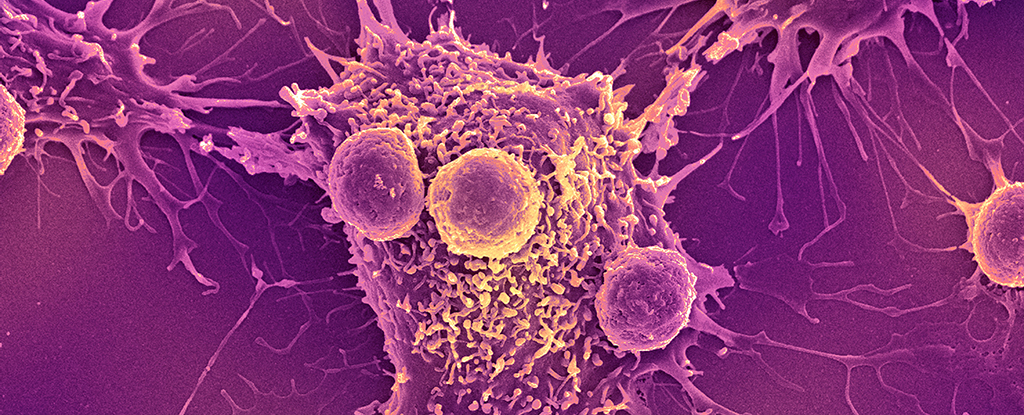
A new vaccine known as ELI-002 2P has demonstrated significant potential in combating two of the most challenging cancers—pancreatic and colorectal—according to recent clinical trial results. Developed through a collaboration of researchers from various institutions across the United States, the vaccine targets specific mutations in the KRAS gene, which are implicated in 93 percent of pancreatic cancer cases and 50 percent of colorectal cancer instances.
The vaccine employs an innovative delivery system that transports its active components directly to the lymph nodes, aiming to precisely engage the immune system. This system effectively targets locations where a variety of immune cells are concentrated, maximizing the vaccine’s impact. Medical oncologist Zev Wainberg from the University of California, Los Angeles, expressed optimism about the vaccine’s potential, stating, “This is an exciting advance for patients with KRAS-driven cancers, particularly pancreatic cancer, where recurrence after standard treatment is almost a given.”
The clinical trial involved 20 individuals recovering from pancreatic cancer and five individuals recovering from colorectal cancer, all of whom had previously undergone surgery to remove tumors. As they exhibited signs of potential cancer recurrence, they received a series of vaccine injections. The outcomes were promising: 84 percent of participants generated mutant-KRAS-specific T cells, ready to combat the mutated gene products, while 24 percent saw complete clearance of tumor traces.
Among those who exhibited the strongest immune responses—17 out of 24 participants—most remained cancer-free by the last follow-up, which occurred almost 20 months later. These results are particularly notable for such aggressive cancers, which typically have limited effective treatment options. Wainberg noted, “We observed that patients who developed strong immune responses to the vaccine remained disease-free and survived for much longer than expected.”
The trial revealed a median relapse-free survival of 16.33 months and a median overall survival of 28.94 months, both significantly surpassing standard expectations for these cancer types. The fact that ELI-002 2P is classified as an “off-the-shelf” vaccine is particularly advantageous, as it eliminates the need for personalized treatments that can be time-consuming and complex.
While further trials are necessary to comprehensively assess the risks and benefits of this vaccine, the findings suggest that it could significantly extend the lives of individuals battling pancreatic and colorectal cancers, notorious for their high recurrence and mortality rates. The researchers also observed indications that the vaccine may prepare the immune system to address other cancer mutations, enhancing its overall therapeutic potential.
Wainberg emphasized the breakthrough nature of this research, stating, “Targeting KRAS has long been considered one of the difficult challenges in cancer therapy. This study shows that the ELI-002 2P vaccine can safely and effectively train the immune system to recognize and fight cancer-driving mutations.”
The study’s findings are documented in the journal Nature Medicine, marking a significant step forward in cancer immunotherapy and providing hope for improved treatment options in the future.






